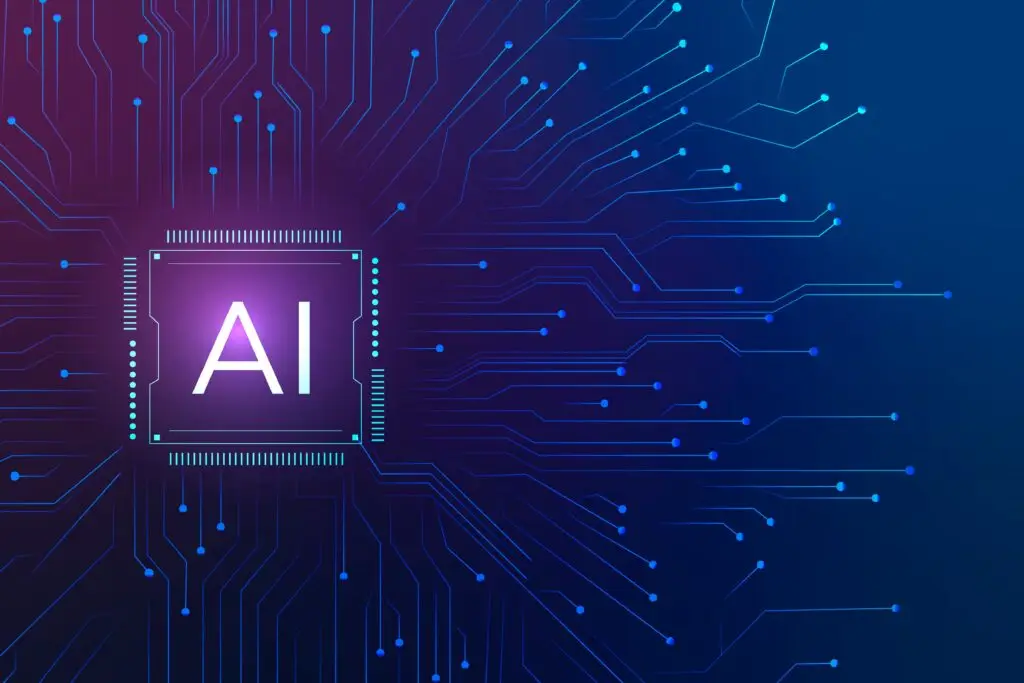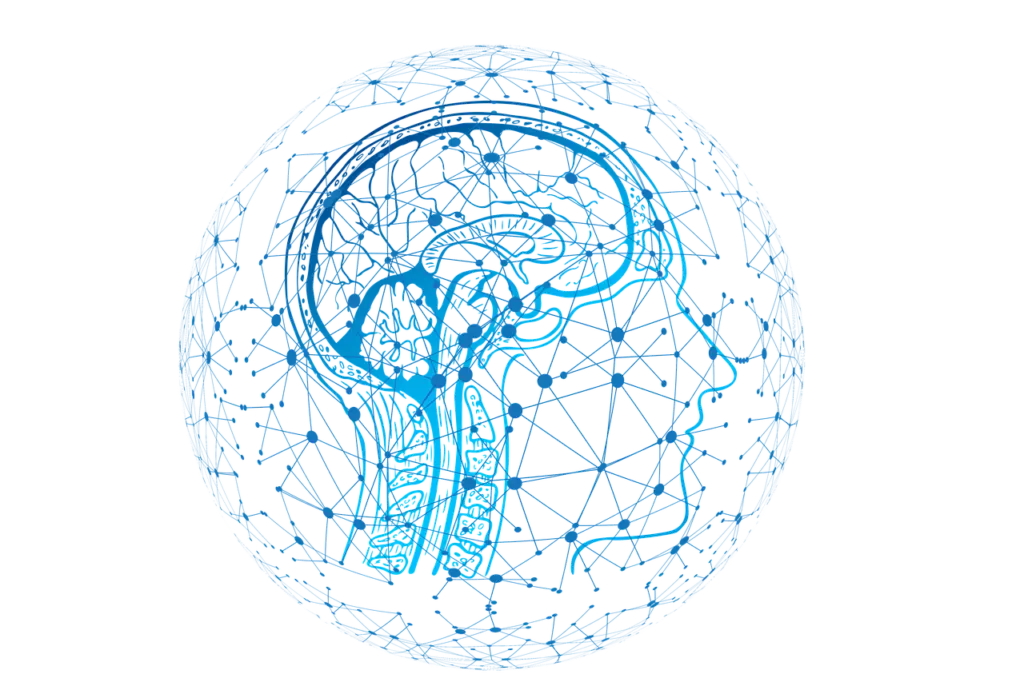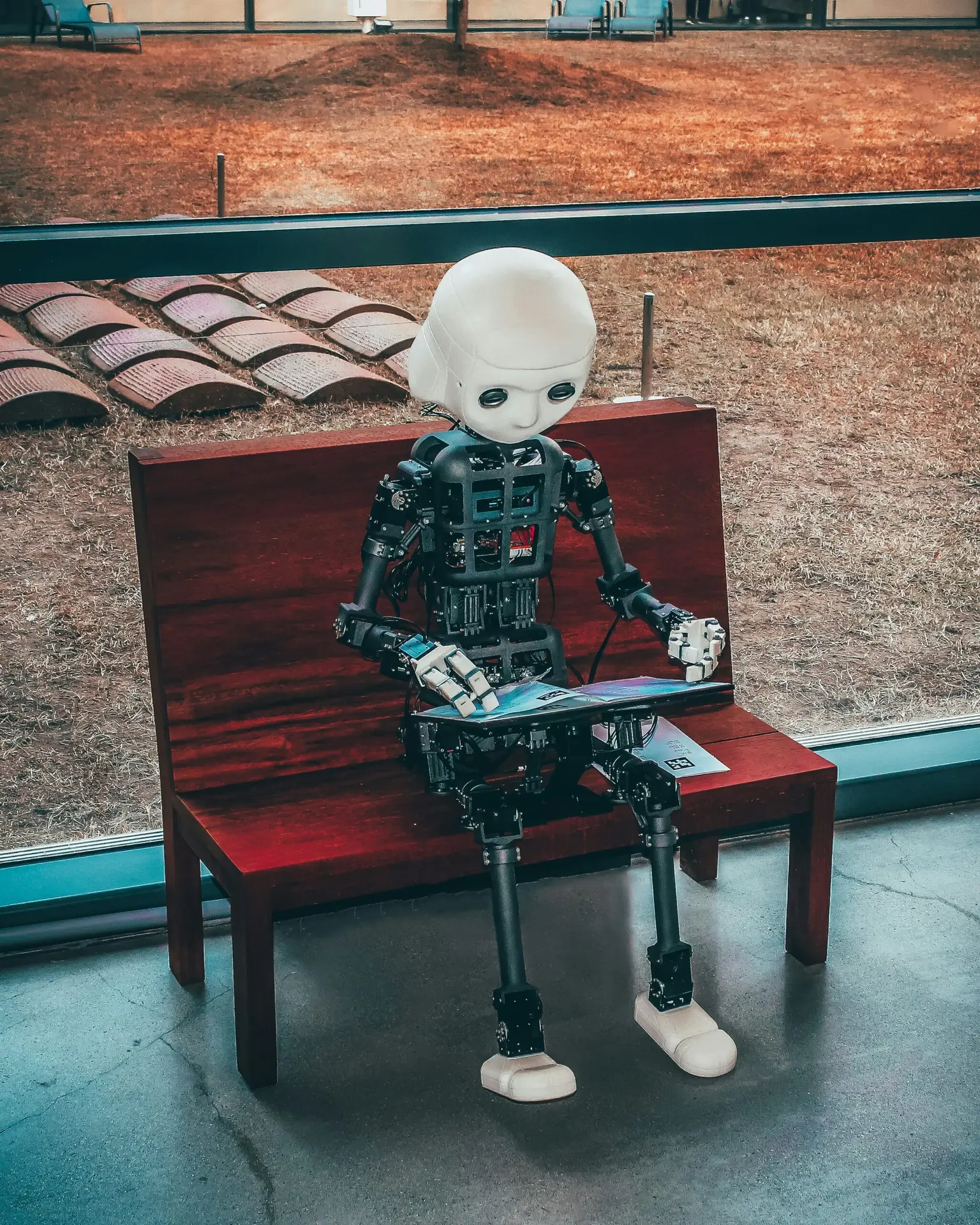Outline
- Introduction
- Brief overview of Artificial Intelligence (AI)
- Mention of its impact on various industries
- Historical Context
- The evolution of AI over the years
- Milestones and breakthroughs
- AI in Healthcare
- Diagnosis and treatment advancements
- Enhanced patient care and monitoring
- AI in Finance
- Algorithmic trading
- Fraud detection and risk management
- AI in Manufacturing
- Automation and efficiency improvements
- Smart factories and predictive maintenance
- AI in Marketing
- Personalized advertising
- Customer behavior analysis
- AI in Education
- Adaptive learning platforms
- Customized learning experiences
- Challenges and Concerns
- Ethical considerations
- Job displacement and societal impact
- Future Trends
- Continued advancements in AI
- Integration into everyday life
- The Rise of AI Startups
- Proliferation of AI-driven startups
- Innovative solutions across industries
- Government Regulations
- Policies addressing AI development and use
- Balancing innovation and ethical considerations
- AI and Human Collaboration
- The symbiotic relationship between AI and humans
- Enhancing productivity and creativity
- AI in Entertainment
- Content creation and recommendation systems
- Virtual reality and immersive experiences
- AI and Climate Change
- Applications in environmental monitoring
- Sustainable practices facilitated by AI
- Conclusion
- Recap of AI’s transformative journey
- Future possibilities and implications
The Rise of Artificial Intelligence: Transforming Industries
Artificial Intelligence (AI) has transcended its status as a mere technological concept, becoming a transformative force that permeates various industries. This article delves into the journey of AI, exploring its historical roots, current applications, and future prospects in reshaping the way we live and work.
1. Introduction
In the early 20th century, the idea of machines possessing human-like intelligence captivated the minds of scientists and visionaries. Today, AI has evolved into a dynamic field with profound implications for industries worldwide.
2. Historical Context
The inception of AI can be traced back to the mid-20th century, marked by milestones such as Alan Turing’s groundbreaking work and the development of early computer systems. Over the years, AI has undergone exponential growth, fueled by technological advancements and a deeper understanding of machine learning algorithms.
3. AI in Healthcare
The impact of AI in healthcare is revolutionary. From accurate diagnosis to personalized treatment plans, AI has become a vital ally in improving patient outcomes. Continuous monitoring and predictive analytics contribute to a proactive approach in managing health.
4. AI in Finance
In the financial sector, AI algorithms power complex trading strategies, enabling rapid decision-making and risk management. Fraud detection systems leverage AI to identify anomalies, safeguarding financial transactions and maintain the integrity of the market.
5. AI in Manufacturing
Automation and efficiency are the cornerstones of AI in manufacturing. Smart factories leverage AI to optimize production processes, reducing costs and minimizing errors. Predictive maintenance ensures machinery operates at peak performance.
6. AI in Marketing
Marketers benefit from AI’s ability to analyze vast amounts of data, enabling personalized advertising and targeted campaigns. Understanding customer behaviour through AI-driven analytics enhances marketing strategies and improves return on investment.
7. AI in Education
Adaptive learning platforms, empowered by AI, cater to individual student needs. Customized learning experiences and real-time feedback contribute to a more effective educational ecosystem.
8. Challenges and Concerns
Despite its transformative potential, the rise of AI raises ethical concerns. Issues such as bias in algorithms, job displacement, and societal impact need careful consideration to ensure responsible AI development and use.
9. Future Trends
As technology advances, AI will continue to evolve, shaping the future landscape. Integration into everyday life, from smart homes to innovative healthcare solutions, is on the horizon.
10. The Rise of AI Startups
The entrepreneurial landscape is witnessing a surge in AI-driven startups, contributing innovative solutions across diverse industries. These startups play a crucial role in pushing the boundaries of AI applications.
11. Government Regulations
Governments globally are grappling with the need for policies that strike a balance between fostering innovation and addressing ethical concerns associated with AI development and deployment.
12. AI and Human Collaboration
The relationship between AI and humans is not one of competition but collaboration. AI enhances human capabilities, enabling greater productivity and creativity in various fields.
13. AI in Entertainment
Entertainment industries leverage AI for content creation, recommendation systems, and immersive experiences. From personalized streaming recommendations to virtual reality storytelling, AI is shaping the future of entertainment.
14. AI and Climate Change
AI plays a role in monitoring and addressing environmental challenges. From analyzing climate data to optimizing resource usage, AI contributes to sustainable practices.
15. Conclusion
The rise of AI marks a transformative journey that extends beyond technological advancements. As we navigate the intricate landscape of AI, the fusion of human ingenuity with artificial intelligence opens doors to unprecedented possibilities, challenging us to shape a future that is both innovative and ethically grounded.
Frequently Asked Questions
- What is the current state of AI development globally?
- The global landscape of AI development is dynamic, with rapid advancements across industries and regions. Governments, businesses, and research institutions are actively investing in AI research and applications.
- How does AI impact job displacement, and what measures are being taken to address it?
- Job displacement is a concern associated with AI adoption. However, proactive measures, such as reskilling programs and ethical hiring practices, are being implemented to mitigate the impact and ensure a smooth transition in the job market.
- Can AI truly collaborate with humans, or is it a threat to human employment?
- AI is designed to enhance human capabilities rather than replace them. Collaboration between humans and AI is crucial for achieving optimal results, fostering innovation, and creating a harmonious balance in the workforce.
- What ethical considerations should be taken into account in AI development?
- Ethical considerations in AI development include addressing bias in algorithms, ensuring transparency, and promoting fairness. It’s essential to establish guidelines that prioritize ethical practices and responsible AI use.
- How can startups contribute to the evolution of AI applications?
- Startups play a pivotal role in pushing the boundaries of AI applications. Their agility, innovation, and niche focus allow them to contribute groundbreaking solutions that influence the broader landscape of AI development.



